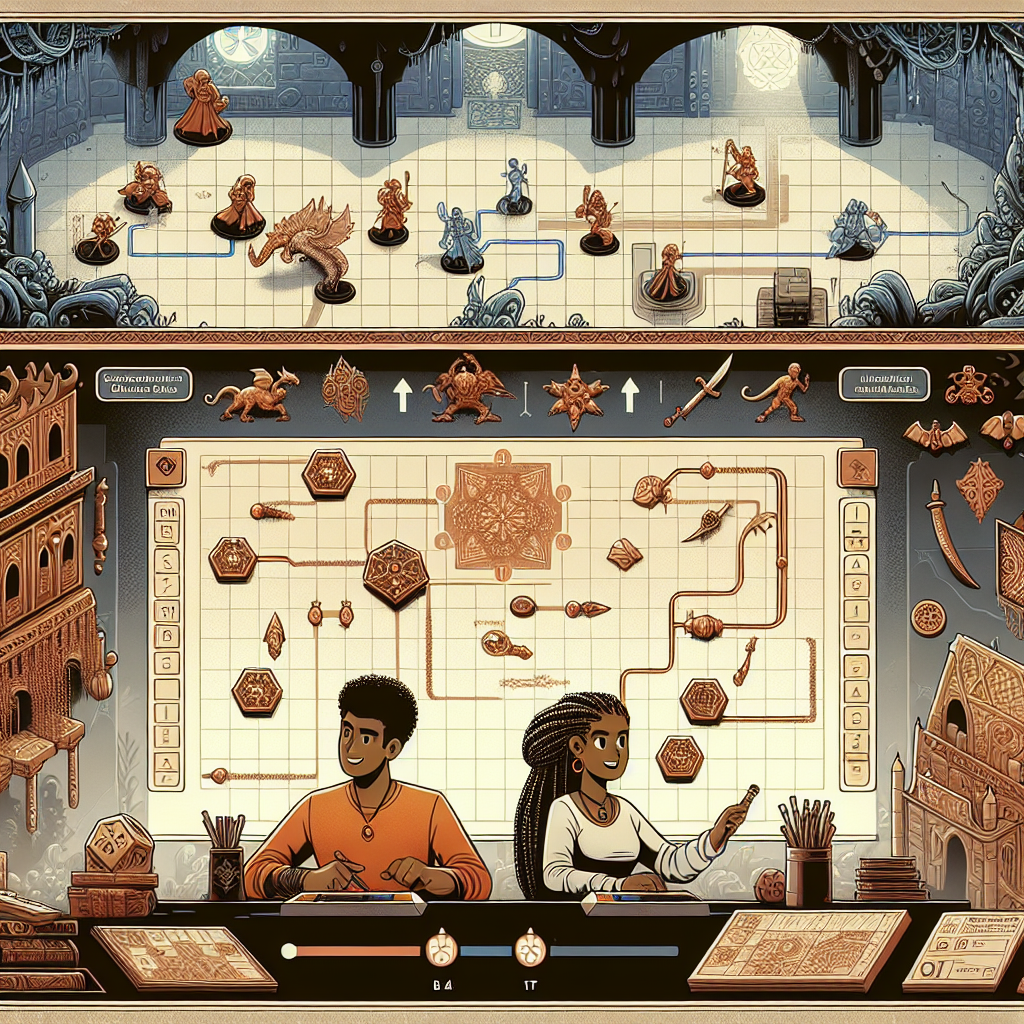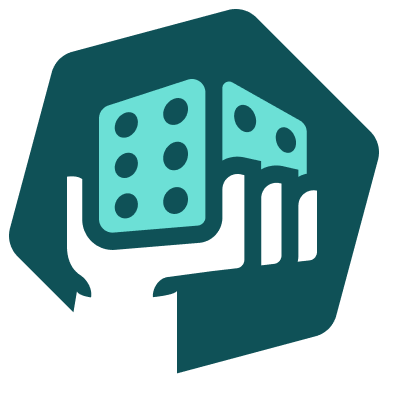The unexpected EF workout you get when playing D&D
Okay, parents, let's be real...
When you hear "Dungeons & Dragons," what comes to mind?
Probably a dimly lit basement, a bunch of teens huddled around a table, maybe some funny-looking dice, right? And while that image isn't entirely wrong, what if I told you that tucked away in those epic quests and fantastical battles lies a surprisingly powerful workout for your teen's brain?
We're talking about something called
Executive Functioning – those crucial mental skills that help us plan, focus, solve problems, and generally navigate life like a champ.

Think about it: your awesome (but sometimes scattered?) teen. Maybe they struggle to organize their backpack, get started on that big project, or stay focused when a million other things are buzzing in their head. Well, believe it or not, a session of D&D is like a secret gym for those very skills! Let's peek into a typical game and see what I mean.
Imagine the scene: the players gather, maybe with snacks and definitely with anticipation. The Dungeon Master (that's the storyteller and referee, often one of the players) sets the stage: "You find yourselves at the edge of a dark forest. A desperate plea for help echoes from within..." Right there, the players are presented with a goal – helping whoever's in trouble. That's the first step in goal setting, understanding what needs to be done!
Now, before they even step foot into that spooky forest, they've likely created characters. This isn't just about picking a cool name and a fantasy race (though that's part of the fun!). It involves choosing skills, spells, and equipment. It's a mini exercise in organization and planning: "Okay, if I'm a sneaky rogue, I'll need lockpicks and maybe some stealthy armor. What spells will be most useful for our wizard?" They're thinking ahead, strategizing for potential challenges.
Fast forward to a tense combat scene (don't worry, it's all imaginary!). A fearsome monster appears! Now, everyone has to take turns – that's impulse control in action. No jumping in willy-nilly! They also need to remember what their character can do, what the monster has already done, and what their allies are planning – hello, working memory! And when it's their turn, they have to weigh their options and make a strategic decision.
But D&D isn't just about fighting. Maybe the players stumble upon a tricky riddle guarding a secret passage. This is where flexible thinking comes into play. The first answer might be wrong, so they need to brainstorm different possibilities, look at the clues from a new angle, and try different approaches until something clicks.
Throughout their adventure, they're also managing resources. Their brave warrior might be running low on health points, the clever wizard might have used up their powerful spells, and someone needs to keep track of the dwindling supply of torches. This requires planning and organization to ensure they don't find themselves in a sticky situation without the tools they need.
And let's not forget the roleplaying! Interacting with the characters they meet – friendly villagers, grumpy guards, or even cunning villains – involves navigating social cues, controlling their character's reactions (even if they the player are getting frustrated!), and trying to negotiate outcomes. That's a fantastic workout for self-control and emotional regulation, all within a safe and fun environment.
The best part? In D&D, things never go exactly as planned. A carefully laid strategy can be instantly derailed by a lucky monster roll or an unexpected event. This forces players to shift focus and adapt their plans on the fly, strengthening their cognitive flexibility even further. They learn that sometimes you have to ditch Plan A and come up with Plan B (or C, or even Z!) in the heat of the moment.
Ultimately, D&D is a collaborative storytelling experience. Players have to communicate their ideas, listen to their teammates, and work together to overcome challenges. This constant interaction hones their communication and cooperation skills in a really engaging way.
So, the next time you see your teen rolling those funny dice, remember they're not just playing a game. They're embarking on an adventure that's secretly building crucial life skills – one epic quest at a time. And who knows? Maybe all that in-game planning and problem-solving will even start to spill over into organizing that backpack.
A parent can dream, right? 😉
